 IBS2021
IBS2021
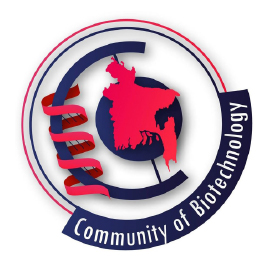 Powered by COB
Powered by COB

International Biotech Symposium 2021 is an international conference to be held from 13th to 20th February, 2021 hosted by the Community of Biotechnology. The symposium/conference will include scientists and respective individuals from all across the globe to discuss different aspects of biological sciences, and alongside, students will engage in numerous competitions in efforts to broaden their knowledge. This symposium aims showcase achievements, research progress and new revolutions in the scientific world. The time range for the symposium is 19:00 PM till 23:59 PM Bangladesh Standard Time (each day, from 13th to 20th February, 2021). Each speaker will be given a 45 minute time range, including 30 minute of virtual talk by the speaker followed by a 15 minute interactive question/answer session.

How many of us imagine different crazy incidents happening around us? What incredible things keep happening around us in the labs? How many times have we wanted to put these stories into our diaries? Let’s write it now! There are going to be three groups in this competitive event where you can write your stories.

Right now, if we could bring Gregor Johann Mendel to earth again! What if we hear the story of his discovery directly from him? So, competitors in this segment, have to call the soul of the scientist. Through acting, they have to tell the feelings of the scientist, the story of their discovery, and the unspoken words of scientists about biotechnology.
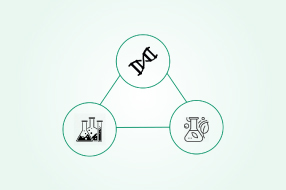
Biology is an inseparable part of science. Well, the same goes for other numerous sectors of the discipline. Combining all of them brings it as a hope. So, in this event, we are welcoming versatile youths to share their wholesome and innovative ideas from all branches of science to collaborate with Biology.

A verbal presentation along with a structured and illustrated poster is an amazing way for scientists to present their work in front of a larger audience. International Biotech Symposium 2021 brings you the opportunity to exhibit your wok in front of highly reputed researchers and professors. You do not want to miss this chance.

For those of you fond of speaking, delivering speeches, talking and sharing your knowledge to others on a topic, but aren’t getting enough listeners to hear you out, here is the chance for you. This tournament is for all those chatterboxes who thrive speaking out to express their vast cluster of scientific knowledge to others.
International Biotech Symposium arranged its 1st workshop on "Sequencing Data Analysis: Development and Implementation of Bioinformatics Pipelines", conducted by Rashedul Islam, PhD candidate on Bioinformatics, University of British Columbia.
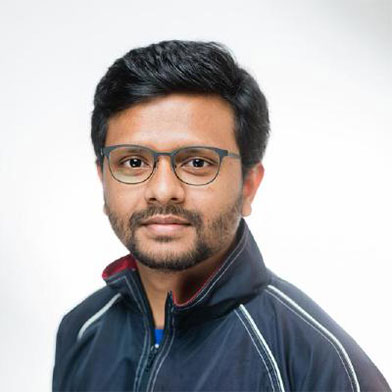
PhD Candidate University of British Columbia Canada
International Biotech Symposium arranged its 2nd workshop on "Implementation of Basic Concepts and Tools in Bioinformatics Research", conducted by Dr. Mohammad Ali Moni , Senior Research Fellow, University of North South Wales.
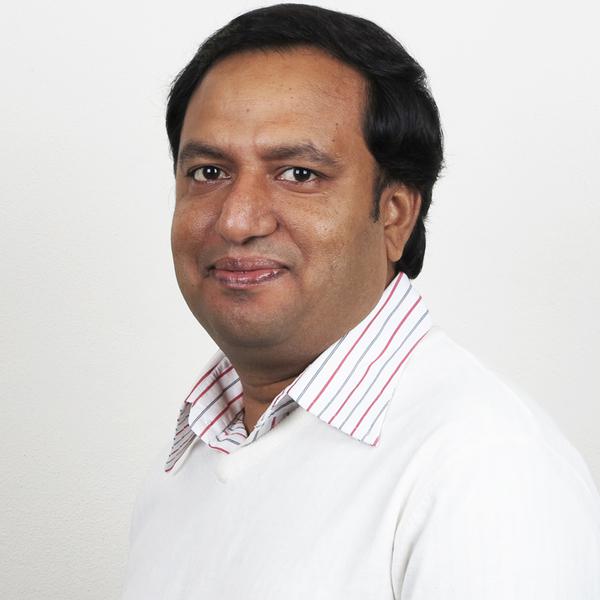
Senior Research Fellow University of North South Wales.
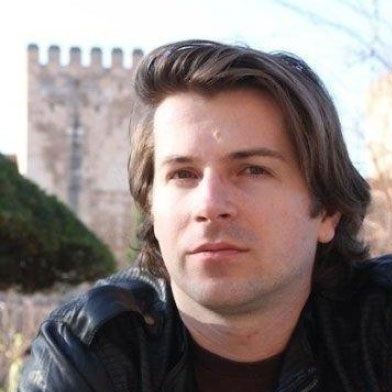
Co founder & Chief Scientific Officer
Aptavid
Dr. Russell W. Hanson is the co-founder and chief scientific officer at Aptavid and an Assistant Professor at the Mount Sinai School of Medicine and the Institute for Genomics and Multiscale Biology. He is the former research fellow of Harvard University. His lab has been focusing on new methods to use bioinformatics and sequencing data for personalized medicine and stratified medicine.
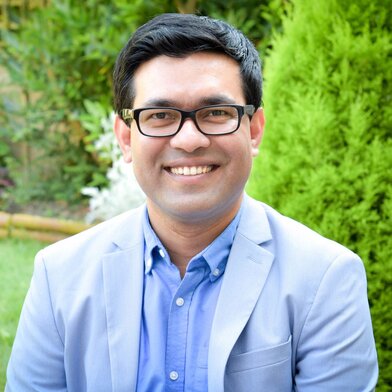
Research Fellow
University of Oxford
Dr. Nazrul Islam is a physician-epidemiologist and medical statistician. Following his medical training (MBBS), he was trained for a Masters in Epidemiology at Harvard University, and a PhD in Epidemiology and Biostatistics from the University of British Columbia.
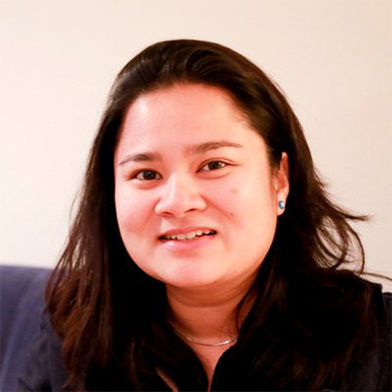
Co-founder, CEO
Scismic
Dr. Danika Khong’s works focus on on immunology, biochemistry and stem cell engineering. After completing PhD on immunology and stem cells in Monash University, she worked as a post-doctoral fellow in Harvard Stem Cell Institute Cell Institute. She is also the co-founder of Scismic. Currently she is working as the CEO of Scismic.

Executive Director
Addgene
Dr. Kamens has served as the Executive Director of Addgene since 2011. Addgene is a mission-driven, nonprofit dedicated to accelerating research by helping scientists around the world share reagents. It constitutes of 12 Nobel Laureates and 8 Breakthrough Prize in Life Sciences depositors. Dr. Kamens received her PhD in Genetics from Harvard Medical School then spent 15 years at BASF/Abbott, ultimately serving as Group Leader in Molecular Biology
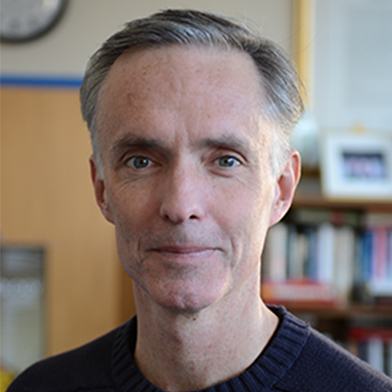
Professor
Wyss Institute, Harvard university | Broad Institute of MIT and Harvard
James J. Collins is an American bioengineer and one of the core founders of synthetic biology, an emerging field in science. His research focuses on systems biology and synthetic biology, with a particular focus on antibiotic action and bacterial defence.
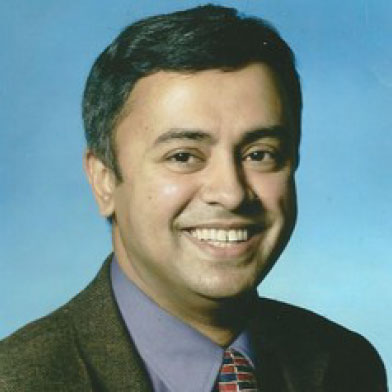
Professor
De Montfort University
Parvez Haris is a Professor of Biomedical Science at the School of Allied Health Sciences in De Montfort University, United Kingdom and a scientist. He is an Editor-in-Chief of Biomedical Spectroscopy and Imaging and a fellow of the Royal Society of Chemistry and Public Health as well. Dr. Haris was selected in the top 1 percent or 100 thousand scientists list of the University of Stanford in the United States in 2020.
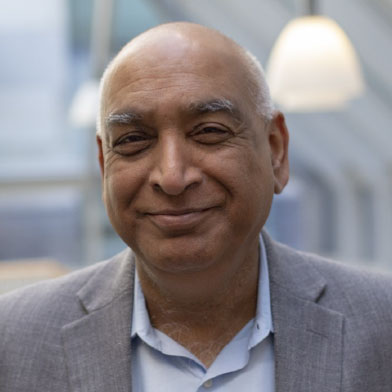
Professor
Harvard Medical School
Dr. Shiv Pillai is a Professor of Medicine and Health Sciences & Technology (HST) at Harvard Medical School. He is the Program Director of the NIH-funded Autoimmune Center of Excellence at Massachusetts General Hospital and the Director of the Harvard immunology PhD and Master in Medical Sciences programs. Dr. Pillai is also Director of MD-student research for the Harvard-MIT HST program. He is a Group Leader at the Ragon Institute of MGH, MIT and Harvard; a Member of the MGH Cancer Center; and an Associate Member of the Broad Institute.
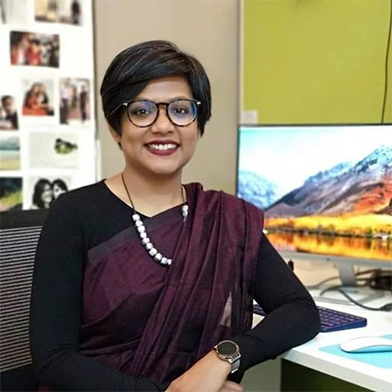
Scientist
Child Health Research Foundation
Dr. Senjuti Saha is a microbiologist working at the intersection of Clinical Microbiology and Global Health as a Scientist at the Child Health Research Foundation (CHRF) in Bangladesh. She started her career as post-doctoral research fellow at The Hospital for Sick Children in Toronto, Canada and later served as a postdoctoral fellow at Stanford University and an associate faculty at the Johns Hopkins Bloomberg School of Public Health. She was also appointed as a post-doctoral researcher at the Child Health Research Center (CHRF) in Bangladesh. In 2019, she joined CHRF as scientist. Currently she is also appointed by the WHO as board member of Polio Transition Independent Monitoring Board (TIMB)
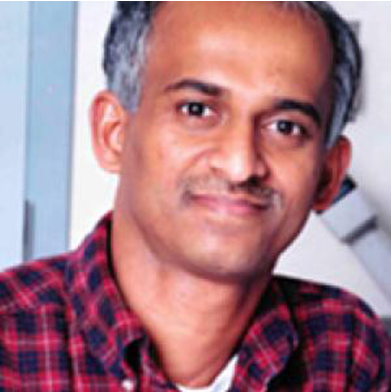
Associate Professor
Howard University
With over 23 publications in the field of plant biotechnology as well as virology Dr. Hemayet Ullah is a versatile biotechnologist working as an Associate Professor at Howard University.
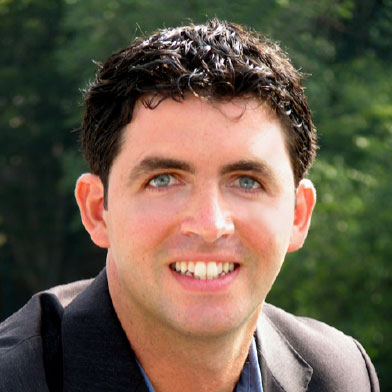
Professor
Massachusetts Institute of Technology (MIT)
Manolis Kellis is the Professor of Computer Science at MIT, a member of the Computer Science and Artificial Intelligence Laboratory and of the Broad Institute of MIT and Harvard, where he directs the MIT Computational Biology Group (compbio.mit.edu).
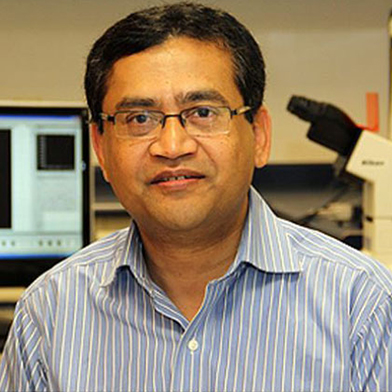
Associate Professor
Warren Alpert Medical School, Brown University
Bangladeshi-American professor, Dr Abid and his non-profit organization, Health and Education for All (HAEFA) was nominated for the Nobel Peace Prize by the University of Massachusetts, Boston. He was one of the 211 nominees for the 2020 Nobel Peace Prize.
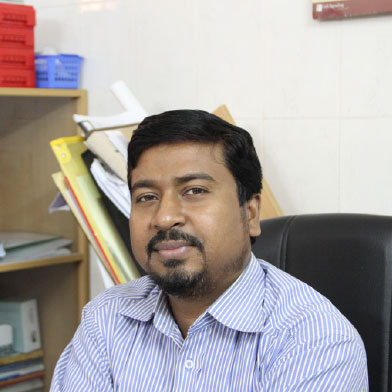
Professor
Jahangirnagar University
Dr. Shohael is currently working as a Professor at the Department of Biotechnology & Genetic Engineering, Jahangirnagar University, Savar, Bangladesh. Dr. Shohael has joined the International Rice Research Institute (IRRI) as a research collaborator after completing his Ph.D. in Agricultural Biotechnology from Chungbuk National University, South Korea in 2006 where he worked on the oversee of aquaporin functions of drought-tolerant mechanisms in rice. While pursuing his JSPS Postdoctoral fellowship from 2007 to 2009 at the Tsukuba University, Japan, his initial responsibility was to develop genetically modified lettuce plants harboring a taste modifying protein Miraculin.
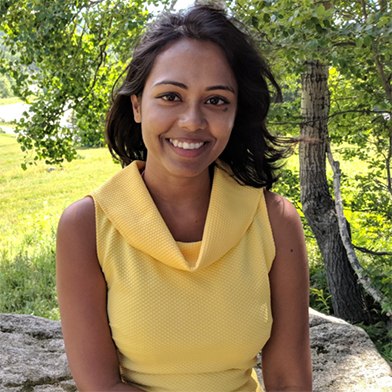
Research Scientist
Broad Institute of MIT and Harvard
Dr. Sumaiya Iqbal is a Research Scientist at the Center for Development of Therapeutics and the Stanley Center of the Broad Institute of MIT and Harvard. Her research concerns and connects the field of structural biology and translational genetics through the collective application of machine learning, data science and computational and statistical approaches
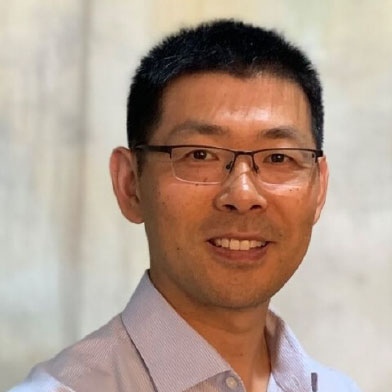
Assistant Professor
Harvard Medical School
Dr. Can (Martin) Zhang’s research is focused on identifying the mechanism of neurodegeneration in Alzheimer’s disease (AD), with the goal of identifying molecular targets and biomarkers that will translate into the development of novel therapeutic strategies for AD.
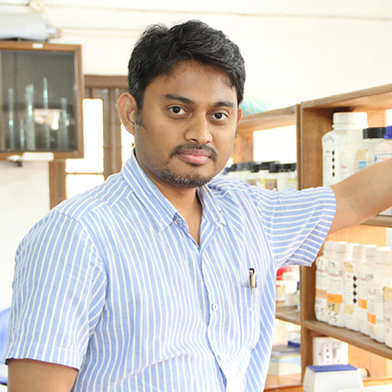
Associate Professor
Jahangirnagar University
Dr. M. Rezaul Karim has currently been serving the Department of Biotechnology and Genetic Engineering of Jahangirnagar University as a faculty member since 2014. Earlier on, he received his B.Sc and MS in Biochemistry and Molecular Biology from University of Chittagong with outstanding academic performance. Afterwards, Dr. Karim pursued his doctoral degree from Saitama University, Japan.
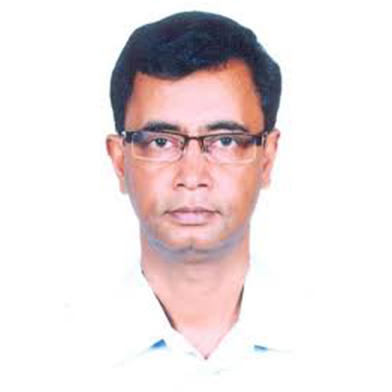
Professor
University of Rajshahi
Dr. Md. Abu Reza is a renowned Bangladeshi scientist known for developing the first ever database on the snakes in Bangladesh. It is known as “ISOB: A Database of Indigenous Snake Species of Bangladesh with respective known venom composition”. He is both charismatic and passionate towards teaching and is currently serving as a Professor at the Department of Genetic Engineering and Biotechnology, University of Rajshahi.
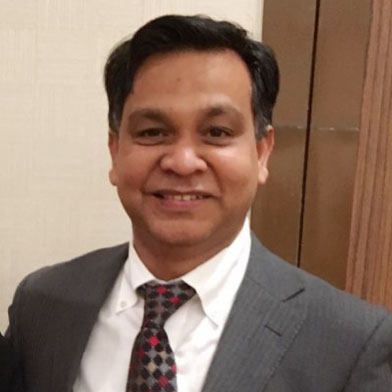
Associate Professor
Iwate University
Dr. Abidur Rahman is a renowned researcher, a plant molecular physiologist, he is also a passionate academician. Currently, he is working at the Department of Plant Bio Sciences, Faculty of Agriculture in the Iwate University, Japan. There his group’s research work focused on hormonal regulation of plant development at both optimal and stressed conditions, understanding the role of actin in plant development, and the mechanism of selective herbicidal action of auxinic herbicide.

Chief Scientific Officer
Avellino Lab
Dr. Nazneen Aziz is the Chief Scientific Officer of Avellino Labs. Avellino Labs is a global leader in precision medicine, focused on innovative genetic diagnostics, gene therapies, and genetic data for modern eyecare. Dr. Aziz is also the former Executive Director of the Kaiser Permanente Research Bank and Senior Vice President and Chief Research Officer at Phoenix Children's Hospital and the Director of Molecular Medicine at the College of American Pathologists (CAP).
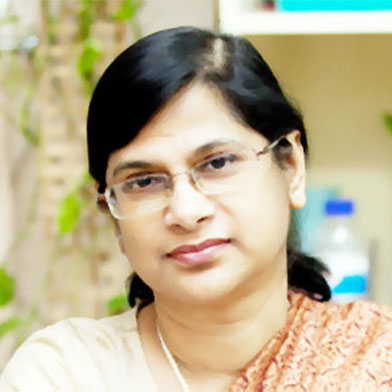
Professor
Department of Biochemistry and Molecular Biology, University of Dhaka
Currently, a professor at the Department of Biochemistry and Molecular Biology, University of Dhaka, and a visiting researcher at the University of Texas, Austin, Professor Seraj has been involved with the development of locally and internationally funded plant biotechnology projects since 1991 and has made numerous significant contributions to the field. She is the co-principal investigator of the Generation Challenge Program (GCP) that uses molecular biology to enhance agricultural output.
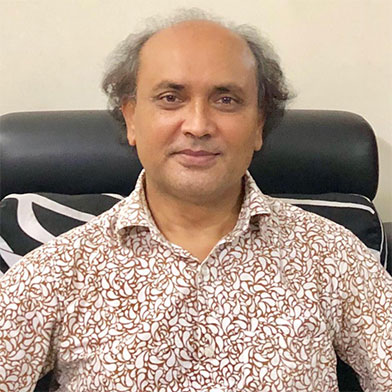
Director
Institute of Biotechnology and Genetic Engineering of Bangabandhu Sheikh Mujibur Rahman Agricultural University, Gazipur.
A Fulbright Scholar, professor and founding director of the Institute of Biotechnology and Genetic Engineering (IBGE), Bangabandhu Sheikh Mujibur Rahman Agricultural University (BSMRAU), Dr. Md. Tofazzal Islam is an internationally acclaimed microbial chemical ecologist who has made multitude of contributions to his field. His work onphytopathogenic oomycete zoospores and their molecular interaction with plants have been published in over 175 peer-reviewed journals.
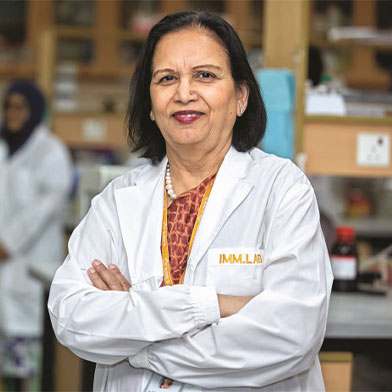
Chair
Emeritus Scientist
Infectious Disease Division, icddr,b
Dr. Firdausi Qadri is a Bangladeshi scientist with specialization in immunology and infectious disease research. She has worked over 25 years on the development of vaccines for cholera and has expertise on other infectious diseases like ETEC, Typhoid, Helicobacter pylori, rotavirus, etc. Currently, she is working as a director for Centre for Vaccine Sciences of International Centre for Diarrhoeal Disease and Research, Bangladesh (icddr,b). She also serves as chairperson of the Institute for Developing Science and Health initiatives.
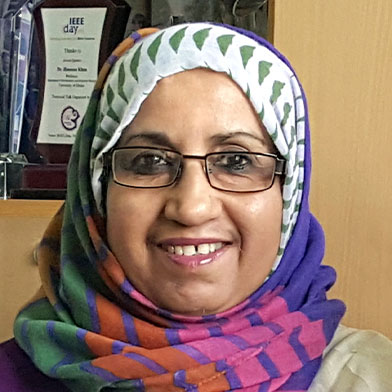
Co-Chair
UGC Professor
UGC Professor at Department of Biochemistry & Molecular Biology, University of Dhaka.
Dr. Haseena Khan, UGC Professor, Department of Biochemistry and Molecular Biology, University of Dhaka and Secretary, Bangladesh Academy of Sciences is well known for her research on jute molecular biology. Jute is a symbol of Bangladesh’s national identity. However, the potential and feasibility of this cash crop to make high-value bio-based products through biotechnological routes had long been ignored. Dr. Khan’s efforts brought the crop to the forefront of the country’s molecular research.

Co-Chair
Professor
Department of Biochemistry and Molecular Biology, University of Dhaka
Currently, a professor at the Department of Biochemistry and Molecular Biology, University of Dhaka, and a visiting researcher at the University of Texas, Austin, Professor Seraj has been involved with the development of locally and internationally funded plant biotechnology projects since 1991 and has made numerous significant contributions to the field. She is the co-principal investigator of the Generation Challenge Program (GCP) that uses molecular biology to enhance agricultural output.

Secretary
Director
Institute of Biotechnology and Genetic Engineering of Bangabandhu Sheikh Mujibur Rahman Agricultural University, Gazipur.
A Fulbright Scholar, professor and founding director of the Institute of Biotechnology and Genetic Engineering (IBGE), Bangabandhu Sheikh Mujibur Rahman Agricultural University (BSMRAU), Dr. Md. Tofazzal Islam is an internationally acclaimed microbial chemical ecologist who has made multitude of contributions to his field. His work on phytopathogenic oomycete zoospores and their molecular interaction with plants have been published in over 175 peer-reviewed journals.
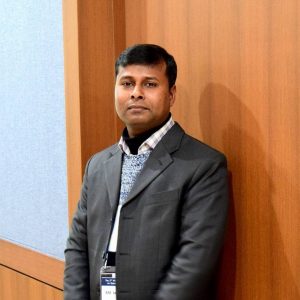
Joint Secretary
Research Professor
Graduate School of Pharmaceutical Sciences
Dr. Md Jamal Uddin is currently working as Research Professor at Ewha Womans University, South Korea since 2015. He is working on molecular mechanisms involved with various diseases and therapeutic strategies.
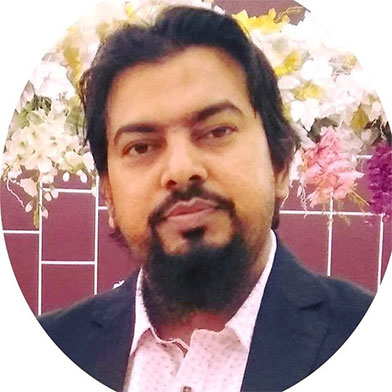
Joint Secretary
Professor
Genetic Engineering and Biotechnology, Shahjalal University of Science and Technology
Dr. Mohammad Jakir Hosen is a geneticist and biotechnologist, with a Ph.D. in medical genetics from Ghent University, Belgium. Currently, he is working as a Professor of the Dept. of Genetic Engineering and Biotechnology, Shahjalal University of Science and Technology, Bangladesh. At Ghent University, his work with Prof. Dr. Olivier Vanakker and Prof. Dr. Anne De Paepe led to a significant understanding of the pathomechanism of pseudoxanthoma elasticum, a genetic disease that causes ectopic mineralization of elastic fibers in some specific tissues.
Inaugration ceremony with speech of Dr. Nazrul Islam
Session Talk 1
Session Talk 2
Session Talk 3
Session Talk 4
Session talk 5
Session talk 6
Session talk 7
Session talk 8
Session talk 9
Session talk 10
Session talk 11
Session talk 12
Session talk 13
Session Talk 14
Session Talk 15
Session talk 16
Session Talk 17
Session talk 18
Session Talk 19
Session talk 20
Session Talk 21
Ending ceremony